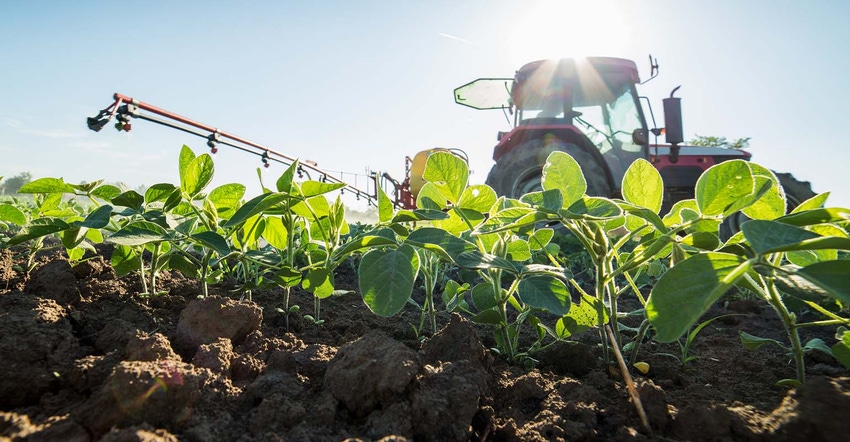
The September 2017 issue of Environment & Climate News ran a story which has been causing huge repercussions in agriculture. Congressional investigations may be in order.
EPA and the European Food Safety Authority (EFSA) approved the use of glyphosate, the active ingredient in Roundup, for agricultural use in the 1970s. The World Health Organization (WHO) and its division International Agency for Research on Cancer (IARC) declared glyphosate a “probable carcinogen” in December 2015. This, of course, has triggered hundreds of lawsuits against Monsanto, the manufacturer of Roundup.
In August, Republican Congressman Trey Goudy (SC) sent a letter to the National Cancer Institute (NCI), a division of the National Institutes of Health (NIH) requesting why Dr. Aaron Blair, an NCI scientist and chair of a review panel on glyphosate “withheld” evidence which shows Roundup does not cause cancer.
The news agency Reuters, in reviewing court documents, demonstrates that Blair “…knew…unpublished research found no evidence of a link between glyphosate and cancer.” The Environment & Climate News article further states, “The documents include a sworn deposition by Blair given in March 2017 in which he admitted the data would have altered IARC’s analysis and made it less likely glyphosate would satisfy the agency’s criteria for being classified as a ‘probable carcinogenic’.”
Congressman Goudy, in his letter to Dr. Francis S. Collins, director of NIH, has requested the National Institutes of Health (NIH) for all of its research and correspondence between IARC and the NIH since January, 2012.
The Competitive Enterprise Institute (CEI), a Washington, DC think tank, asserts that IARC’s classification of glyphosate as “probably carcinogenic” is simply not honest. Court documents obtained by Reuters indicate that Dr. Blair”…knew the unpublished research found no evidence of a link between glyphosate and cancer.”
Dr. Blair, in his deposition in March, 2017, says his data would have made it less likely glyphosate would be determined to be carcinogenic.
Substantial impacts
The error and the ignoring of evidence indicating the weed killer Roundup is safe is having substantial impacts. On September 25, 2017, Reuters reported “France is open to phasing out common weedkiller glyphosate,…” The Prime Minister of France indicated the French government would be opposed to a European Commission proposal to extend a 10-year license to use glyphosate by French farmers. In fact, the French are looking at a potential ban on glyphosate by June, 2022.
The European Commission has proposed extending glyphosate’s license for use in European countries because it too believes glyphosate should not be classified as a cancer-causing substance. Not to be outdone, California has placed glyphosate on the list of chemicals it believes causes cancer using California’s Proposition 65 as authority. The proposition would require by 2018 that Roundup carry a warning label stating “known to the state of California to cause cancer and birth defects, and other reproductive harm.”
Congressman Goudy, in his letter to NIH’s Dr. Collins, wants to know why data from a large research project known as the Agricultural Health Study (AHS) which showed no links between glyphosate and cancer, were never published. This information, in scientific papers dating from 2013, apparently was never taken into account or reviewed by the WHO’s IARC.
Dr. Blair, the NCI scientist, apparently has told Reuters that he did not publish the data “…because there was too much to fit into one scientific paper.” Without Dr. Blair’s findings, IARC concluded in 2015 that glyphosate is a “probable human carcinogen.”
Honest science?
The opinions of the author are not necessarily those of Farm Futures or Farm Progress.
About the Author(s)
You May Also Like




